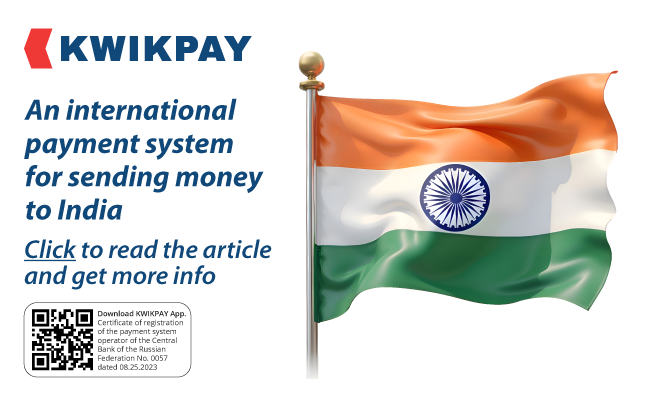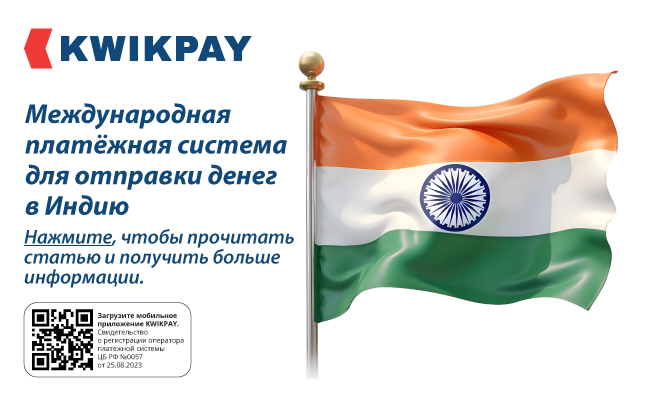






During a keynote address in New Delhi on September 24, 2025, Hervé Delphin, the European Union's Ambassador to India, acknowledged the progress in India-EU relations, including enhanced trade, technology transfers, and a strategic partnership. However, he highlighted the "Russia question" as a point of divergence between the two sides. Diplomats from other EU member states, including Germany, Lithuania, Estonia, Switzerland, Italy, and the Czech Republic, also expressed concerns that India's engagement with Russia could impact the growing EU-India relationship.
"We must be clear about the issues on which we do not align," Delphin stated at the launch of a special edition of "India's World," co-hosted by the Heinrich Boll Foundation. He emphasized, "There is a Russia question, specifically related to its unprovoked aggression against Ukraine and its hostile actions, as evidenced by the violation of European airspace by Russian drones in recent weeks and days." Delphin noted that discussions in European capitals had focused on India's purchase of Russian oil and the participation of an Indian military contingent in the Zapad-2025 exercise, which took place from September 12 to 16.
"India has committed to peace. Russia is a strategic partner for India, and India aims to strengthen its ties with the EU. This will require Delhi to carefully consider how to balance these relationships," Delphin added.
The timing of Zapad-2025 was particularly awkward for EU leaders in Brussels, as trade and agriculture negotiators and a delegation from the EU's Political and Security Committee were in Delhi at the time. Following the exercise, EU Foreign Policy Chief Kaja Kallas released the new "EU-India Strategy" and reported discussing the matter with Indian External Affairs Minister S. Jaishankar. Kallas questioned India's participation in exercises that posed an existential threat to the EU.
Rejecting the criticism, the Ministry of External Affairs noted that while India participated in the Zapad-2025 military exercise involving over 100,000 troops, several NATO countries, including the U.S., Turkiye, and Hungary (an EU member), participated as observers. The ministry also pointed out that many European countries continued to purchase Russian energy.
"When India and the EU seek closer ties, India must understand that this issue is a significant concern for the EU," German Ambassador Philipp Ackerman said during a panel discussion titled "Cultivating Europe: Navigating India-EU Strategic Ties." Ackerman criticized Russia for its "unprecedented provocations," including fighter jet flights through Estonian airspace and drone incursions into Poland and possibly Denmark.
In summing up, Ambassador Delphin emphasized that "strategic convergence" between Delhi and Brussels had never been stronger. He expressed hope that the bilateral Free Trade Agreement would be finalized by the end of 2025 and that the EU-India Strategic Roadmap would be launched at the EU-India summit in early 2026 in Delhi.
"The 13th round of FTA talks earlier this September was a missed opportunity for a breakthrough. The EU remains ready to conclude a meaningful agreement. We look forward to India's serious engagement, as the EU has shown, towards a mutually beneficial deal," Delphin said, noting the high level of bilateral trade ($140 billion in goods in 2024) and the shared democratic values and commitment to a global rules-based order in the Indo-Pacific, where the two sides have largely converging interests.